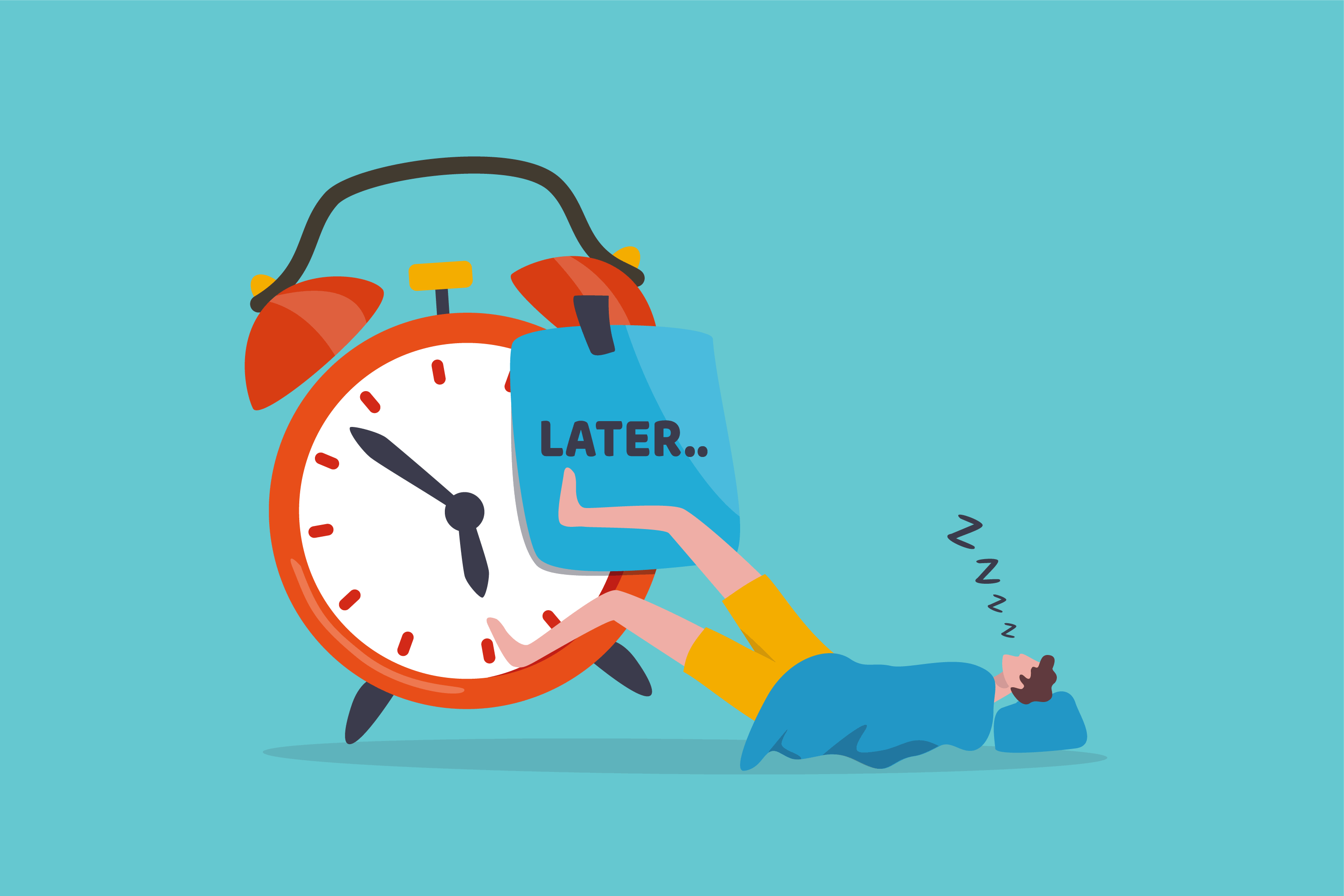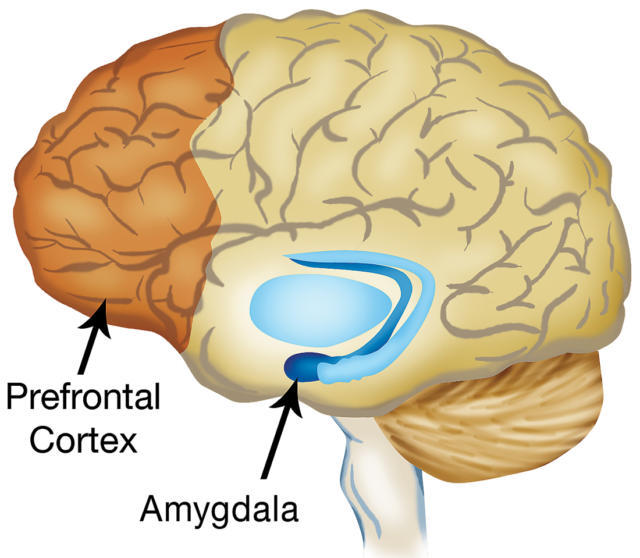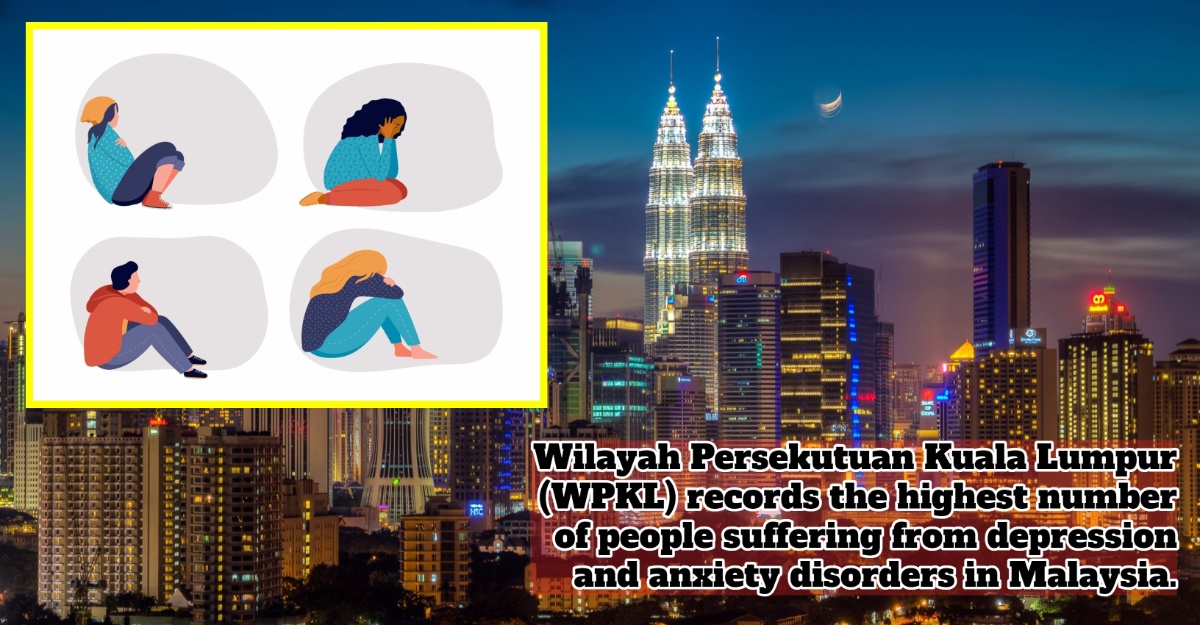Delaying a task is only sometimes categorised as procrastination. You know that the submission date for the final year project is in a week, and it’s been a while since you updated it. You realise that you need to get back on track and finish it immediately, but when you open your laptop, you must also check your phone.
“Maybe catch up on your favourite K-Drama on Netflix, scroll down TikTok, or play your favourite mobile game? Or should you prepare your dinner first? You usually like experimenting with cooking new dishes even though it’s tough to enjoy with this work hanging over your head. Oh-it’s pretty late! You should try the next morning again.”
That’s the cycle of procrastination, and I’m sure we’ve all faced it. However, why do we often procrastinate even though we know it’s not right?

What is procrastination?
There are risks to mental health associated with procrastination and poor functioning. Procrastinators frequently struggle with impulse control and high anxiety levels. Even physical disease and procrastination are connected. Individuals who put off getting help tend to be more stressed out and put off getting it. It can lead to a cycle of poor health.
How does our brain respond?
Your amygdala, a group of neurons responsible for processing emotions and identifying threats, produces hormones like adrenaline to elicit a fear response.
Prefrontal brain impulses, which usually assist you in thinking critically and controlling your emotions, are suppressed by stress.
You decide to address the threat by avoiding it in favour of something less stressful when you are in the middle of this fight, flight or freeze response.
This response may be seen as extreme. It’s just a deadline, after all, not a dangerous assault. Nonetheless, we tend to put off chores that make us feel uneasy.

Why do we procrastinate?
People may put off taking action because they will feel better in the short term, even if procrastinating increases stress in the long run. Acting in a way you anticipate would be harmful to you is irrational. Ironically, though, procrastination results from our body attempting to defend us by dodging a task that we see as threatening.
1) Distraction
Our environment’s distractions can make concentrating on the task at hand difficult. Many of us can identify the allure of social media over a dreaded task like finishing assignments. Technology has played a role. Procrastination, however, has consistently been identified as a human tendency throughout history.
2) Feeling bored
It stands to reason that you would put off a task far more frequently if you thought it would be uninteresting or unpleasant.
3) Anxiety and uneasiness
If you’re afraid, you might put things off. For instance, if you’re worried about a report’s difficulty, you could delay it. Our propensity to put off a task till later increases as our level of anxiety increases.
4) Skepticism in your abilities
There may be more than one reason why you delay. It would be best if you had more confidence in your skills. Functioning depends on having faith in your ability to complete tasks. Low levels of self-efficacy make it more difficult for you to start and finish tasks.
5) Fastidiousness
A contributing factor to procrastination may be perfectionism. When someone thinks they won’t do work successfully or competently, they may put it off. Even if inspiration is more likely to strike once a person starts a task, they can attempt to put it off until they suddenly feel more inspired or have a better idea.
How to cope with procrastination?
With the appropriate information, resources, and assistance, procrastination is a behaviour that can be controlled and overcome. Here are some coping mechanisms for you.
1) No matter what happens, start
You can decide to work for a short while, even just 15 minutes. You can choose again if you want to proceed after the allotted time. You can set a timer to ensure you stick to this first objective.
When you start a task, the subsequent steps frequently come naturally. Beginning that first action on your own accord might catalyze momentum. The job can turn out to be simpler than you anticipated.
2) Break down the task
We sometimes put things off when we’re feeling overloaded. Make a strategy if you’ve been putting off a task because it seems “too much.”
Start by dividing the task into more manageable, smaller chunks. The whole effort becomes more manageable as a result. Your brain recognises that the jobs are manageable since they are tiny.
3) Be more organised
Procrastination tendencies can be reduced with time management. Setting deadlines and prioritising your chores can be an excellent place to start.
Setting apart areas of your home as workplaces that help you get into the right frame of mind for carrying out particular tasks can be helpful. You will probably complete the job because you will likely identify the project’s location.
4) Increase your motivation
By rewarding yourself with coffee with friends after an exercise session, you can improve your incentive to go.
By giving significance to tasks you typically dread, you might even reward yourself with a good outlook. You could hate writing that term paper, but you can concentrate on the degree you’ll eventually get from college.
Sources: TED-Ed, Mass General Brigham McLean








